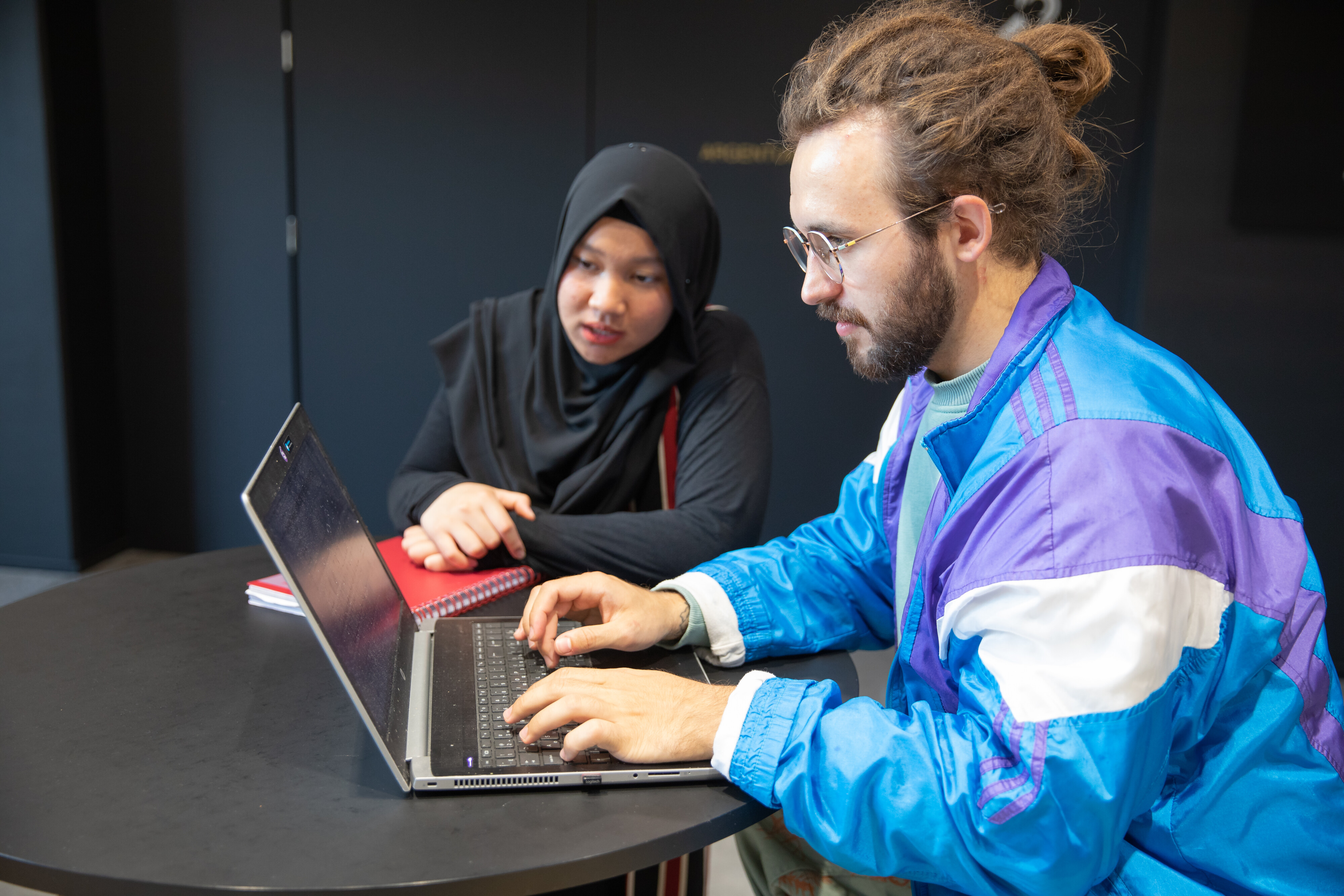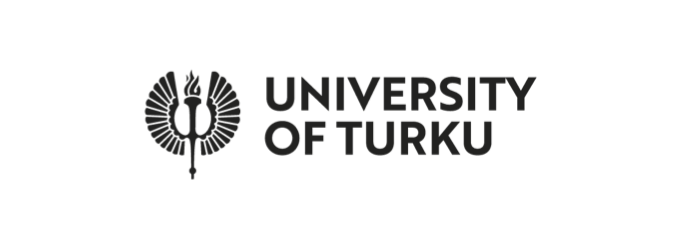The planet is speaking loud and clear — our ecosystems are strained, inequalities are widening, and the old ways of doing business are no longer enough. This is precisely why the University of Turku just launched its Bachelor’s in Sustainable and Social Entrepreneurship — a programme born from the fact that sustainability has evolved from a niche topic to becoming central to how companies, governments, and NGOs must operate.
“When it comes to global challenges, universities and business schools can either be there to aggravate the current problems — for example by endorsing linear business models and profit-making as the sole function of companies — or they can become part of the solution,” explains Professor in Entrepreneurship, Ulla Hytti, “We decided that we wanted to be the latter.”
Hence, the programme’s core mission is to develop students who understand these global challenges and can act on them through innovative, sustainable business practices. Delivered by the Turku School of Economics, which ranks among the top 1% of business schools globally and is accredited by AACSB, the programme’s structure balances business foundations, entrepreneurship, and sustainability studies.
Students dive into essential business concepts while exploring entrepreneurial practices like venture creation, value generation, and leadership. They also gain critical insights into the social and sustainability challenges of our time, with an interdisciplinary approach that draws expertise from across the University of Turku.

Professor Hytti heads the Entrepreneurship research group at the Department of Management and Entrepreneurship at the University of Turku. Source: University of Turku
While entrepreneurship is a well-established research area at the Turku School of Economics, this degree draws insights from the sustainable business researchers from Management and Organisation Studies and with Futures Research Centre. For an even more thorough understanding of sustainability and social issues, it relies on the expertise of collaborating universities like Åbo Akademi and Turku University of Applied Sciences. Guest speakers, including seasoned entrepreneurs from the Entrepreneur-in-Residence programme, bring topical updates and mentorship, guiding students on how to navigate starting and running a business.
However, the three-year programme is not just rooted in theory. Students are immersed in experiential learning from day one. Courses incorporate practical problem-solving activities through team-based assignments, group projects, and presentations.
“For example, there is a course on ‘Entrepreneurial Action’ that offers students the opportunity to work in multidisciplinary teams to identify problems and challenges and ideate and develop solutions through concrete experiments,” shares Professor Hytti. “We also work closely with Boost Turku, which is a student-led entrepreneurship society organising events and activities to support student entrepreneurs and students interested in entrepreneurship.”
Sustainable and Social Entrepreneurship students can earn study credits by participating in practical learning experiences hosted by Boost Turku — one such opportunity is the Startup Journey, a summer accelerator where learners gain hands-on entrepreneurial experience and reflect on their learnings through reports. They can even gain credits from internships.
These academic points, paired with the flexibility to customise curricula with specialised minors and electives, further sharpen students’ edge, ensuring they are well-prepared to impress employers across the globe. Since the new Bachelor’s Degree emphasises language skills, graduates can thrive globally as social entrepreneurs, managers in regenerative businesses, or experts within NGOs and other organisations dedicated to the UN’s Sustainable Development Goals.
“The programme is also suitable for students interested in advancing to MSc or postgraduate studies later on,” adds Professor Hytti. The Turku School of Entrepreneurship is an exceptional environment for further studies, as evidenced by the experiences of Oskar Aaltonen, a Bachelor of Science in Economics and Business Administration graduate who chose to remain at Turku to pursue a Master’s in Business and Economics, majoring in Entrepreneurship.
“My experience has been extremely rewarding,” he says. “Multiple case studies in various courses have allowed me to apply theoretical concepts to real-world business challenges, which has been one of the most valuable aspects for me. This combination of theory and practice has deepened my understanding of entrepreneurship and equipped me with practical skills that I feel confident will benefit me in my future career.”
While Aaltonen’s programme is not exclusively focused on sustainability, the theme has been integral to the coursework. His studies have highlighted the significant role that businesses and the private sector play in addressing global challenges, providing insights into how companies can succeed in a market increasingly demanding transparency and commitment to sustainability. “There was a compulsory social value creation course that deepened students’ understanding of how to tackle complex social issues through entrepreneurship,” he reflects.
“I’m confident that the new programme will offer even more understanding and tools for students to address social and environmental issues in the future.”
Do you have what it takes to become a leader with an entrepreneurial mindset? The application period for the Bachelor’s Degree Programme in Sustainable and Social Entrepreneurship is just two weeks long — from Jan. 8 to 22, 2025, for studies starting in autumn 2025. To stay informed about application tips, reminders, and valuable insights, subscribe to the Future with UTU applicant newsletter today.
Follow the University of Turku on Facebook, Instagram, Twitter, LinkedIn and YouTube













